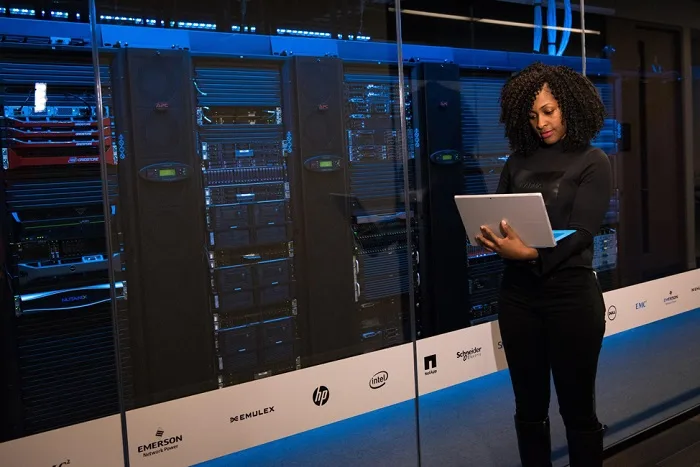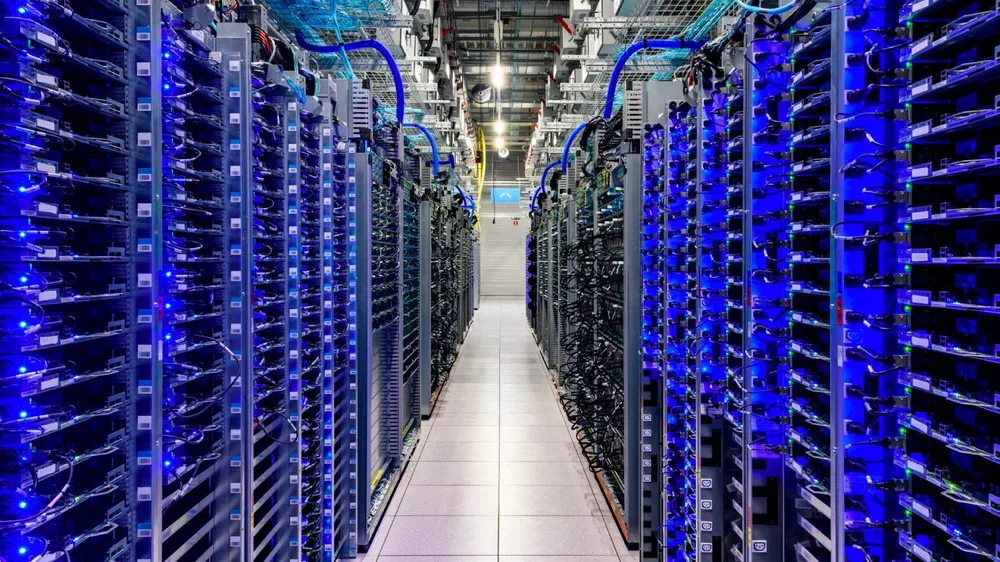
The Role of Data Centers in Modern Business Operations
Data centers are critical infrastructure for modern businesses and organizations. They house the essential IT equipment and systems that enable digital operations, from data storage and processing to application hosting and network management. Understanding what a data center is and how it operates is key to appreciating its importance in today’s tech-driven world.
What Kind of Technology and When Did It Appear
Data centers utilize a variety of advanced technologies to ensure the efficient and reliable operation of their IT systems. These include servers, storage systems, networking equipment, and power and cooling infrastructure. The concept of the data center has evolved significantly since the early days of computing. The first data centers appeared in the 1960s with the advent of mainframe computers, which required dedicated facilities to house and maintain them. Over the decades, data centers have transformed to support the growing demands of digital technologies, with significant advancements in virtualization, cloud computing, and automation.
What is This For
The primary purpose of a data center is to support the IT operations of organizations. This includes data storage, processing, and distribution, hosting applications and websites, and ensuring network connectivity. Data centers provide a secure and controlled environment for IT infrastructure, which is essential for maintaining data integrity, security, and availability. They also offer scalability, allowing businesses to expand their IT resources as needed without significant upfront investments.
What Are the Advantages of a Data Center
Data centers offer numerous advantages, including improved reliability, security, and efficiency. By centralizing IT operations, data centers can implement robust security measures to protect sensitive data from unauthorized access and cyber threats. They also ensure high availability and uptime through redundant systems and failover mechanisms. Additionally, data centers can achieve operational efficiencies through economies of scale, reducing costs for power, cooling, and maintenance.
How to Choose the Right Service
Choosing the right data center service involves considering several factors, including location, reliability, scalability, and security. The location of a data center can impact latency and disaster recovery capabilities. Reliability is critical, so it’s important to evaluate the data center’s infrastructure, uptime guarantees, and support services. Scalability ensures that the data center can grow with your business needs, while security measures should align with your organization’s requirements for data protection and compliance.
Data centers are indispensable for modern IT operations, providing the infrastructure and services needed to support a wide range of digital activities. Understanding their technology, purpose, and benefits is essential for making informed decisions about utilizing data center services. As technology continues to evolve, data centers will remain at the forefront of enabling digital transformation and supporting the growth of businesses worldwide.

Future Trends in Data Centers
Looking ahead, data centers are expected to continue evolving to meet the demands of emerging technologies such as artificial intelligence, edge computing, and the Internet of Things (IoT). Innovations in cooling and power efficiency will also be critical as data centers strive to reduce their environmental impact. Additionally, the rise of hybrid and multi-cloud strategies will drive the need for more flexible and interconnected data center environments.
Why Data Centers are Vital for Digital Transformation
Data centers play a crucial role in digital transformation by providing the infrastructure needed to support advanced technologies and large-scale data processing. They enable businesses to leverage big data analytics, machine learning, and other digital tools to drive innovation and competitive advantage. As organizations increasingly adopt digital strategies, the demand for robust and scalable data center solutions will continue to grow.
